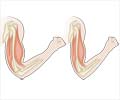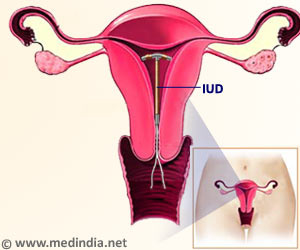Early onset of menopause linked to heightened musculoskeletal pain and a higher likelihood of developing sarcopenia, a condition characterized by muscle loss.

Association of muscle disorders in late postmenopausal women according to the type of experienced menopause
Go to source). The highly publicized Study of Women’s Health Across the Nation spotlighted a number of symptoms that are common during the menopause transition.
‘During #menopause, #musclestiffness complaints were most common, impacting 54% of women aged 40 to 55 in the US. #sarcopenia #musclepain #womenhealth #muscledisorders’





Understanding Hormonal Changes in Premature Menopause
This is also the time when ovarian hormone levels decrease significantly. In women who have experienced premature menopause, either spontaneous or surgical, the decrease is even more prominent. In addition, testosterone levels have also been shown to fall significantly in women with premature menopause.These facts led researchers to conduct a new study specifically designed to evaluate the effect of different types of menopause on muscle discomfort and function in late-postmenopausal women aged 55 years and older. The study, which included nearly 650 women, concluded that women experiencing premature surgical menopause were more likely to develop musculoskeletal discomfort and sarcopenia than those with natural menopause at age 45 years or older. They theorized that the pain and decline in muscle mass in the late-postmenopause stage was more closely linked to hormone deficiency than to chronologic age alone.
“This study highlights the potential long-term musculoskeletal effects of premature surgical menopause, which causes a more abrupt and complete loss of ovarian hormones, including estrogen and testosterone, than natural menopause. The use of hormone therapy until the natural age of menopause has the potential to mitigate some of the adverse long-term effects of early estrogen loss,” says Dr. Stephanie Faubion, medical director for The Menopause Society.
Reference:
- Association of muscle disorders in late postmenopausal women according to the type of experienced menopause - (https://pubmed.ncbi.nlm.nih.gov/38688462/)
Source-Eurekalert











